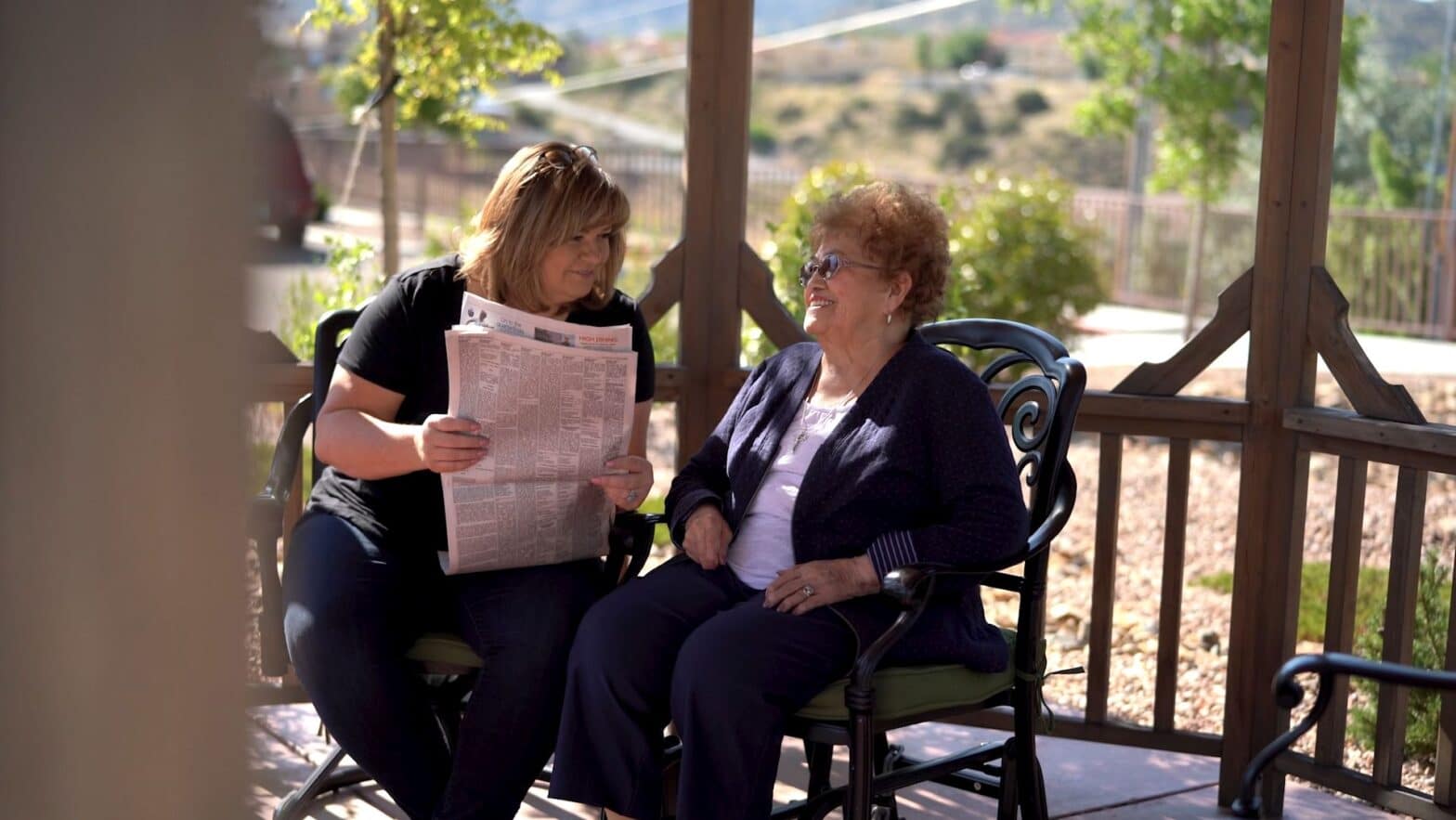What is Loneliness?

Loneliness is an evasive thing. People have been studying it for years, especially in elderly adults who seem prone to sadness and isolation. But, those studies have contradictory data. Some of them include statistics for people who “feel isolated” while others only study data from people who have been so lonely and depressed that they’ve opted for medical help. Because of all of this conflicting data, we don’t really know as much about the causes of loneliness as we’d like. We do, however, know more than we used to. There are certain consistencies in the data that help us narrow down some factors of loneliness.
Causes of Loneliness
Moving to a new place and living there for less than a year appears to be a catalyst for loneliness, especially in older people. This is most likely due to changing relationships. If a senior citizen moves, they’ll lose relationships that they may not have even recognized as important to them. They’ll no longer chat with the postal worker or the same grocery store attendants that they used to. They may not be able to invite the neighborhood boy that mows their lawn for a lemonade. Over time, they’ll gain other social connections that are similar, but immediately after a move, those changes can add up to an unoccupied space that others used to fill for them. It will take some intentionality after a move to form new relationships but establishing them is important for all involved.
Being involved in a church or another place where you can volunteer also seems to have larger impacts on the elderly. Perhaps because the connections formed there can give you some commonality of purpose and a desire to help others, involvement in these types of things, keeps people from being lonely. Knowing that you are contributing to society and that your input is needed and appreciated can do a great deal to stave off loneliness and depression. Those who choose not to be involved in these have higher rates of loneliness. Find out small ways to get involved in an activity that interests you, but this also helps others. It will be beneficial for the organization and for you!
Hobbies are another option for pushing off loneliness. The data is not conclusive on why hobbies can help, but it seems reasonable enough to say that if you have a hobby that you’re passionate about, you’re probably a bit more interesting to talk to. If you find someone that is interested in the same thing, you can connect with them on a deeper level of communication than just the weather. Even if the other person is not interested in exactly the same thing, they’ll understand your passion and your interaction will be livelier. You may also learn about what they are passionate about!
Bad For Our Health

Loneliness can have huge and lasting impacts on our health. It is said to be just as damaging as smoking 15 cigarettes a day! It can lower your immune system’s ability to fight. It can also cause you to be pushed to the outside of social networks with others who are lonely. It is a strange conundrum that if you are feeling lonely, people tend to push you further away. This may be because your loneliness makes them feel more lonely, in turn. But all of these things are based upon people’s feelings & perceptions of their situations. If you can change those feelings and perceptions, you can change being lonely.
A recent study in the UK watched people on public transport. Those who initiated conversations with strangers were reported as less lonely. Those who only talked if someone else initiated conversation were more lonely and those who refused to interact with strangers were the most lonely. They then studied the same people and asked those who were not generally comfortable with initiating conversation to begin doing that. It is a simple and seemingly inconsequential change for someone to make, but it had huge impacts on their feelings afterward. They felt generally more positive and less lonely!
Small Daily Acts
You may be feeling lonely and isolated, but that does not mean you have to become an extreme extrovert to overcome those feelings. Sometimes it is the small, daily acts that can have the largest impact over the course of months of our lives! Initiate conversation. Get a hobby. Start volunteering. Recognize the loneliness dissipate.


1 comment